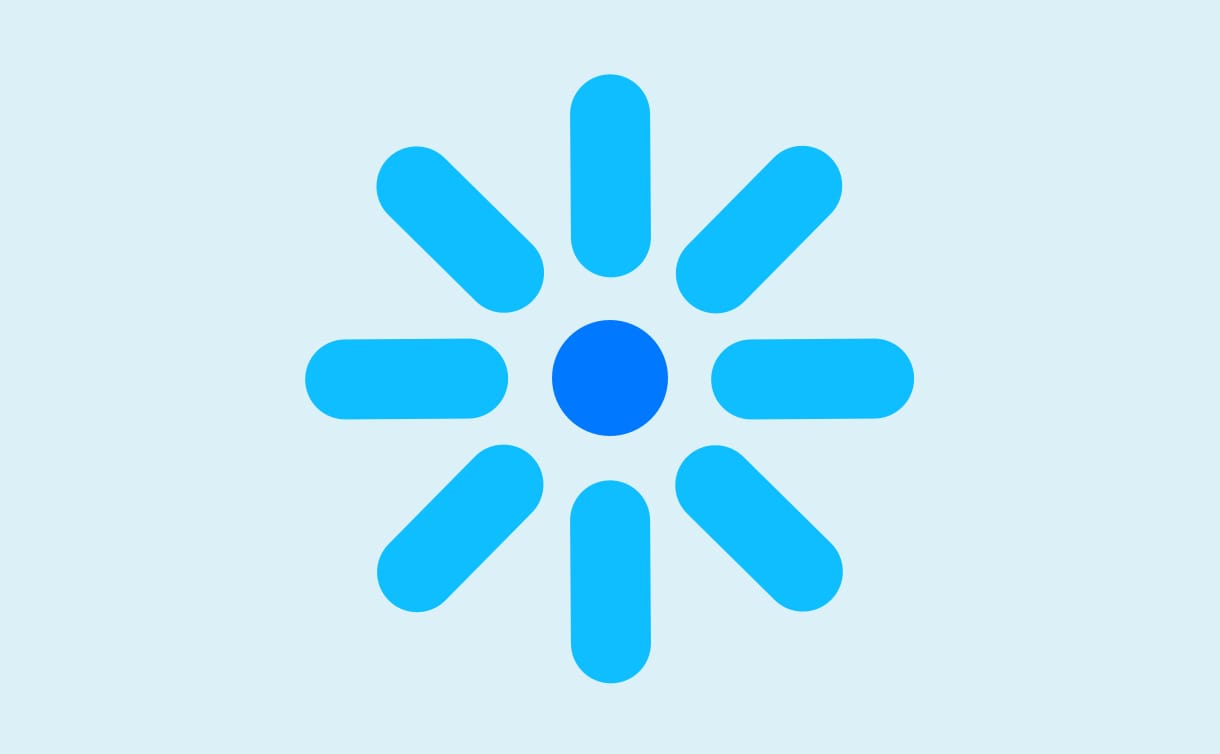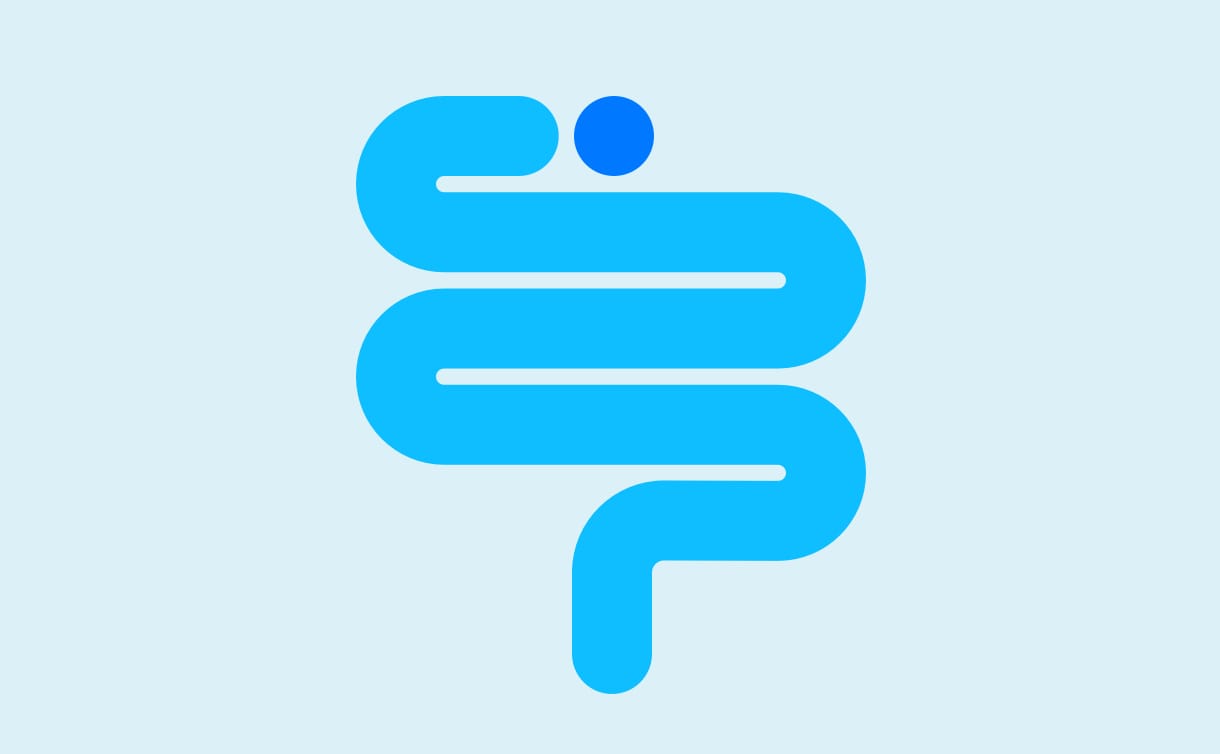
How to manage your time effectively
Performance and wellbeing coach Mica Vaipan teaches you how to accomplish more within your limited time-frame.

In today’s Braincare Clubhouse session we discussed methods that can help you accomplish more with limited time. Joining us in the room were:
-
Mica Vaipan : Performance and well-being coach. Works with startup leaders and their teams to help them reach their peak performance without compromising on wellbeing.
-
Dan Murray-Serter : Co-Founder of braincare company Heights , and host of our Braincare Podcast .
Here are our top takeaways:
-
What you do outside your work is just as important as what you do during your working hours. Frame and use time outside your work to motivate yourself!
-
Prioritising your personal wellbeing will lead you to perform at your best.
-
Plan what you’re going to do, and when you’re going to do it. Hyperscheduling will help you achieve your goals.
Journaling Practices for Productivity
-
Weekly reflective practice: At the end of each week, reflect on what did and didn’t go well across your three life domains- personal, work, and social. Then look at those actionable insights and ask yourself what things you’re going to continue doing and what one thing you’re going to do differently.
-
Weekly planning practice: Start the week or day with the things you want to achieve. So much of performance is based on intentionality, so scheduling exactly what you need to do will help you complete your tasks.
Tip: Going back and reading your journal is just as important as the act of journaling.
Tips for time management
-
We often feel we need a lot more time for a task than we actually need. Put your thoughts on paper and start developing the steps that are going to take you to them.
-
Meticulously plan what you want to achieve.
-
Work in intervals and take short breaks in between.
-
Split your tasks into microtasks.
-
It might not work in the beginning! Remember- every habit takes time to form.
-
If you didn’t do what you said you were going to do, don’t take that as a failure. It is just a data point to strengthen the execution system.
-
Focus on the things that work. If you managed to do one block ask yourself what worked about that block.
Separating work and life
-
Due to the COVID-19 pandemic, the structure that separates work and life has been taken away from us.
-
Focus on prioritising your personal wellbeing routine ahead of your work.
-
Separate your evening routine into two: early evening, and bedtime.
-
During your early evening routine, cook, watch TV, or speak to a friend.
-
During your bedtime routine, you need to be increasing your levels of melatonin (sleep hormone).
-
Research shows that when we do activities outside our work, it help us show up in our work with more motivation.
Q&A
What are micromovements?
-
They are little actions that bring you one step closer to accomplishing your goal.
-
When it comes to procrastination, when we try to get our brain to do a fearful task, it will immediately jump to what it finds more fun. Our brain will do the things that it finds rewarding, so it is our duty to make our tasks seem desirable.
-
Splitting large tasks into microtasks will make them more achievable, thereby making it seem more fun and exciting for your brain.
What do I do if my employees are falling behind?
-
We judge people on output instead of context. Ask them what it is that is holding them back.
-
Helping them break it down can lead them to finding the answer for themselves. That way, they can figure out why they’re falling behind, and what they need to focus on.
-
Taking one thing off someones plate can help them.
-
Be understanding and treat individuals as individuals.
-
You can also adjust deadlines- we’re all human at the end of the day.
Heights Vitals⁺ contains the highest quality plant-based omega 3 DHA, EPA, along with 18 other key nutrients your brain needs to thrive according to science in just 2 capsules a day.
Want to host a room in Braincare club? Find out how here .
Know your own mind?
The average brain health score is 51/100. Take our 3-minute quiz to learn how yours measures up and how to boost it.















